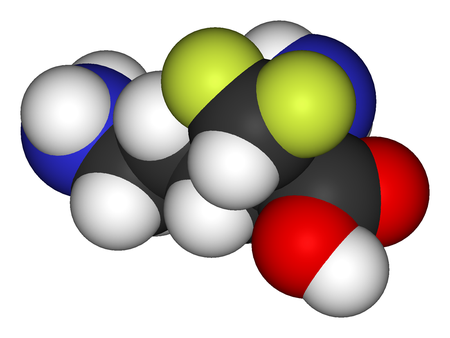Orphan diseases that affect a small percentage of the population or only in the developing world receive support and tax incentive for drug development. Learn about incentives to encourage drug development for orphan diseases.
What is an orphan disease? There is no widely accepted definition for orphan diseases. However, they fall into two categories: Rare diseases Diseases that affect small numbers of individuals. In the United States, any disease that affects fewer than 200,000 people is considered a rare disease whereas in Europe it is defined as a disease that occurs in less than 1 in 2,000 people. Neglected diseases Which are common diseases that have been ignored because they are far more prevalent in developing countries than in the developed world. Orphan diseases are diseases for which pharmaceutical companies are not interested in developing treatment due to the limited potential market and financial profit. To date, over 6,800 rare diseases have been reported and it is estimated that about 250 million people in the world suffer from rare diseases. Incentives to orphan drug development Initiative to develop products for orphan diseases came first from the Food and Drugs Administration with the creation of the Office of Orphan Products Development (OOPD) in 1983. This program has been very successful with more than 350 drugs and biological products brought to the market. The OOPD provides funding for clinical research and offers tax incentives on clinical trials. Similar legislation has been adopted in Japan and Australia. In 2000, The EU also adopted a legislation called “orphan medicinal product”. However, only diseases prevalent in the developing world were included and no tax incentive was proposed. To date, only 50 orphan drugs have been approved in Europe. In conclusion, regulatory and economic incentives for industry to develop orphan drugs have been globally successful, leading to the development of orphan products that could potentially treat 15 million patients.
References: Europa.eu



